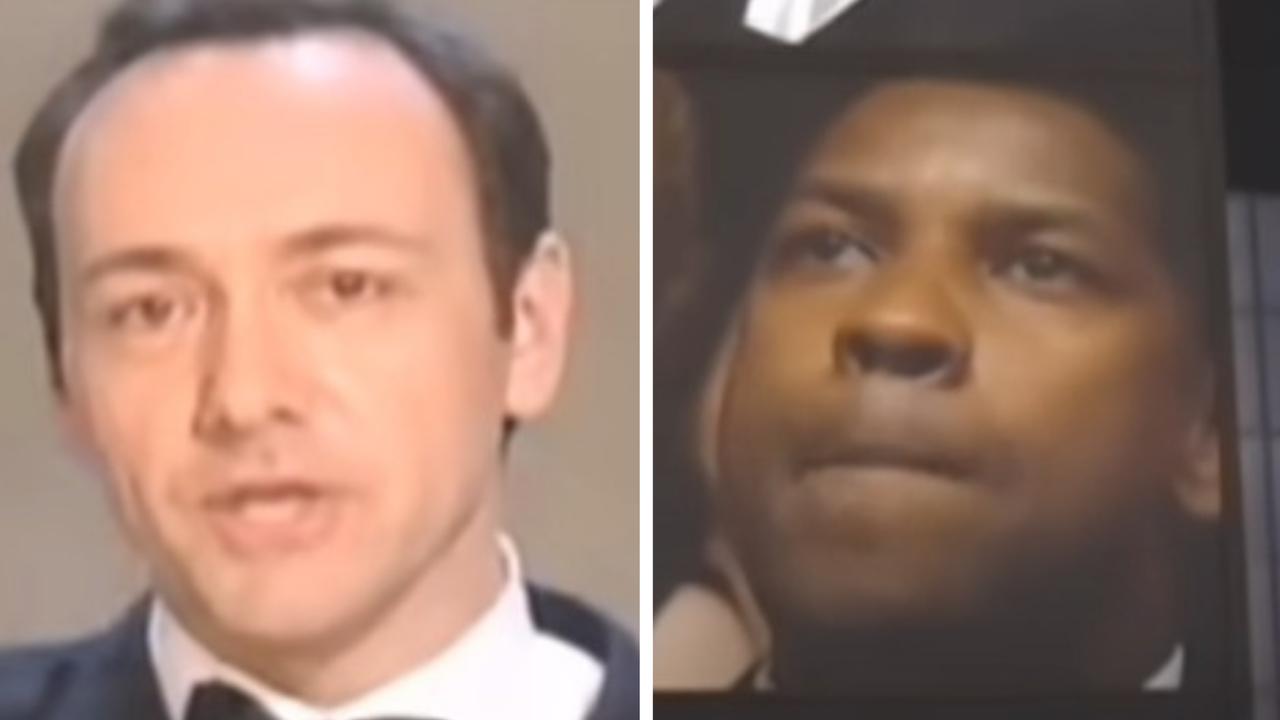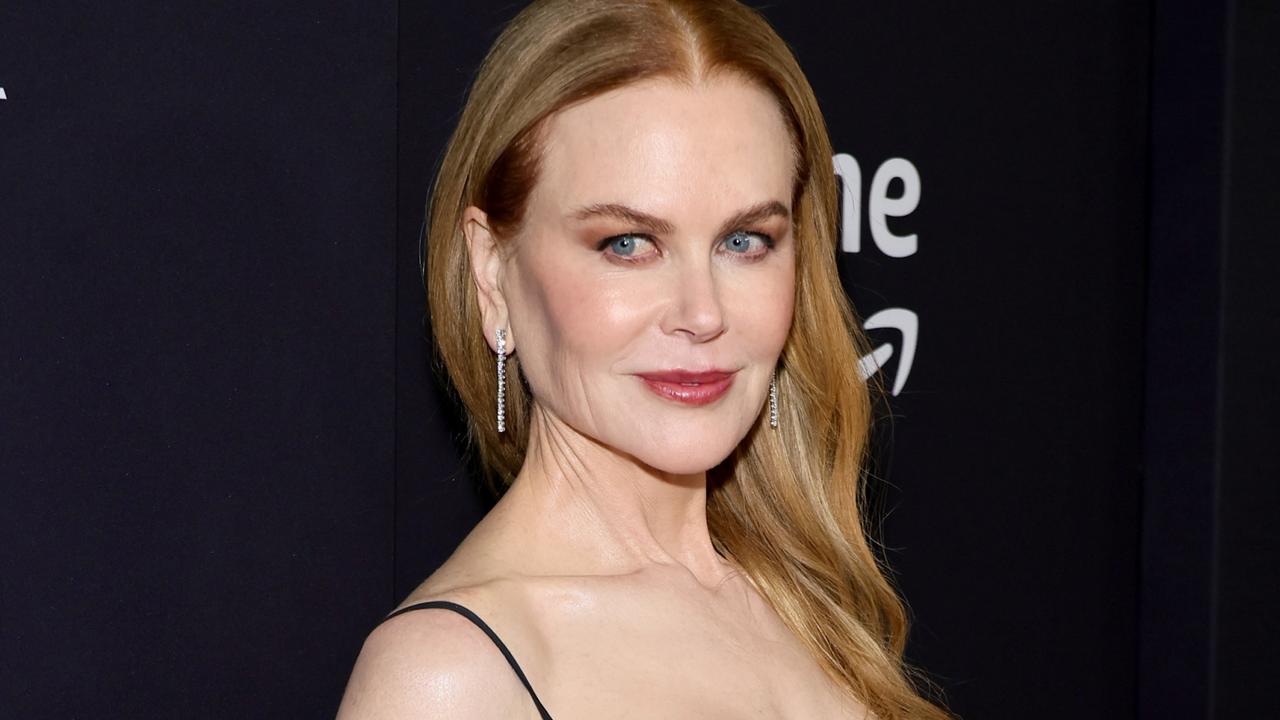Why do comedians host the Academy Awards?
WITH all the movies stars, the glamour, the drama, and the speeches, it's mind-boggling that we're unable to watch the Oscars without the additional stimuli of scripted jokes.
Oscars
Don't miss out on the headlines from Oscars. Followed categories will be added to My News.
OPINION: So Ellen DeGeneres is set to host the 86th annual Academy Awards next month (March 2).
Nothing against Ellen or, for that matter, Billy Crystal (who hosted nine telecasts), Whoopi Goldberg (who hosted four) or Steve Martin (who did three), but when was it decided that the most glamorous awards show on the planet needed to be funny in order to sustain an audience?
After all, it's not as if comedy so dominates the nominations that only a professional comedian is worthy of hosting it. In fact, the opposite is true. Rarely has a comedy even been nominated for Best Picture, much less won. Not counting the hybrid Shakespeare in Love (1998), the last genuine comedy to win Best Picture was Woody Allen's Annie Hall, way back in 1977.
And isn't it bizarre that a tribute to the movies would require people like Johnny Carson (who hosted 5 times), David Letterman (he hosted once) and Ellen DeGeneres (her first), talk show hosts associated almost exclusively with television? The motion picture industry asking TV people to host the Oscars is a bit like baseball's Hall of Fame asking Peyton Manning (NFL star) to handle its induction ceremony.
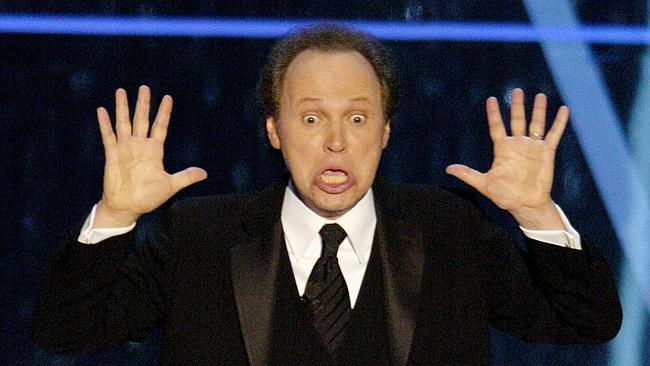
I'm not saying we can't have levity, or that Bruce Vilanch (head writer for the Oscars) and his fellow writers don't do a splendid job supplying the hosts and presenters with bushels of funny material. It's just that scripted comedy seems superfluous here. For crying out loud, it's an awards show, not a celebrity roast. What's the Academy afraid of - that the audience won't stick around to see who wins if the show isn't funny enough?
How did this modest trophy presentation, begun as a radio broadcast in 1926, evolve into its present day joke-fest? There are two theories. The first suggests that once audiences responded positively to professional comedians as hosts, no one was willing to risk changing the format. No one wanted to be remembered as the guy who booked Max Von Sydow when Jerry Lewis (he hosted three telecasts) was available.
But the Oscars weren't always funny. Indeed, the early shows were subdued, dignified affairs (Douglas Fairbanks and Cecil B. DeMille hosted the first one), almost parochial in tone. It wasn't until the 1940 debut of Bob Hope that they shifted gears. During Hope's 18 radio and TV appearances (the last in 1978), he single-handedly transformed the ceremony into an evening of self-effacing humour and wicked zingers. Loath to tinker with success, subsequent producers not only preserved the format, they sanctified it.
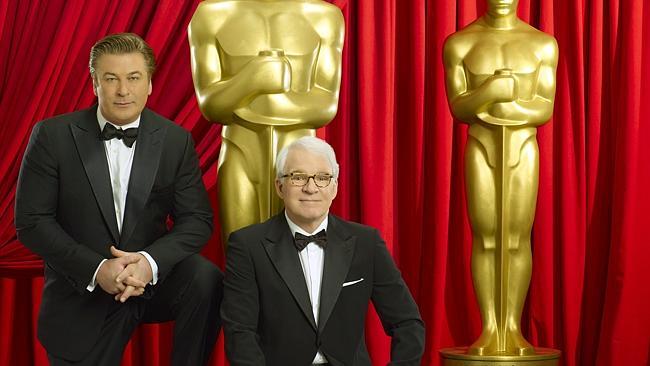
The second theory might be called the "mirthification principle," defined as the desire to punctuate all discourse with snappy punch lines, clever put-downs, ironic quips, and witty comebacks, and evidence that we have mutated into a nation of laughter-addicts. If the trend continues, one day we'll see professional mimes at state funerals, laugh-track machines at the Dept. of Motor Vehicles, and Jim Carrey in Stockholm, hired to "punch up" the Nobel prize ceremony.
As an unrepentant movie buff who hasn't missed an Oscar telecast since 1983, I've always regarded the Academy Awards as part competition, part pageantry, and part infatuation, an opportunity for us incurable movie romantics to immerse ourselves, for one glorious evening, in Hollywood's legendary wretched excess.
Which is why it's so puzzling. With all these movies stars, with all the glamour, the drama, the surprises, the introductions, the speeches, the wonderful musical and dance numbers - with this sparkling array of wall-to-wall Hollywood royalty - it's mind-boggling that we're unable to watch a three-hour presentation without the additional stimuli of scripted jokes.
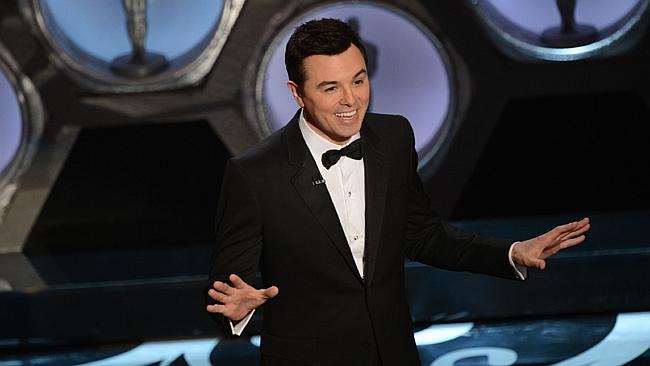
That said, I can appreciate the "loyal opposition." I can respect people who denounce the Academy Awards - who denounce not only the presentation itself, but the needy, self-congratulatory impulse that spawned it. To them, the whole spectacle reeks of vain people wallowing in self-importance. I have friends who feel that way. Fine, I say. That's how I feel about Meet the Press. Then don't watch it.
The Academy needs to return to a more stately, dignified format. Save the gags for their proper venues: cable TV, YouTube, late night talk shows, and the comedy clubs. No, this doesn't mean the host has to be Alan Greenspan (Chairman of the US Federal Reserve). But what would the objection be to, say, Meryl Streep or Anthony Hopkins?
David Macaray is an LA playwright and author (It's Never Been Easy: Essays on Modern Labor)
This article originally appeared in The Huffington Post.

